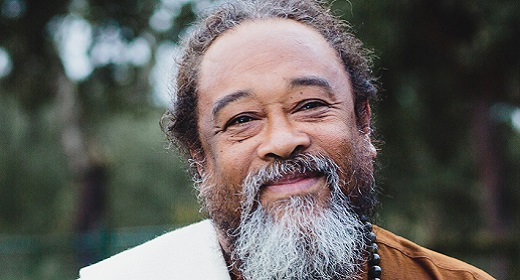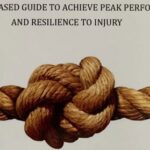by Marianne Williamson: Your inner self needs to be heard….

Life might have taught you that emotions are dangerous. Perhaps as a child, you were told things such as, “Don’t you cry or I’ll give you something to cry about!”—an emotionally tyrannical message that certainly would have taught you to suppress your feelings at all costs. Perhaps your emotions were ignored, minimized, or even laughed at by parents who had other things and other children to think about. What matters is that, for whatever reason, you learned at a very young age to neither honor nor even really feel your own feelings.
If you experienced severe, even violent, trauma, you learned to automatically numb yourself so as not to feel the next blow. It was a brilliant coping mechanism on the part of your subconscious mind, to freeze so quickly that when the blow came, you would already be numb. The problem, however, is that such a coping mechanism was only intended for emergency purposes; it was manufactured to save you from imminent danger, not to take you through life. It was not meant to fundamentally alter your system of emotional responses, and yet that is what occurred. At a very young age you were exposed to what your psyche perceived as danger, and now your subconscious mind does not make a distinction between dangerous threat and tolerable stress. It doesn’t know what to let in and what to guard against, so it guards against everything, just in case.
Central to the holistic healing of your weight issue or any issue you have is that you develop a new skill set with which to deal with unpleasant emotions. An emotion swept under the rug is not an emotion that goes away; it’s simply an emotion that is put somewhere other than where it should be put. It becomes inert rather than dynamic energy, stored within you rather than being released.
As noted previously, energy cannot be uncreated. And emotions are powerful forms of energy. If you’re too frightened to feel a feeling, its energy still has to go somewhere. Actually, an emotion is not dangerous until it’s disowned, for that’s when it commonly gets projected onto others and/or—in the case of the overeater—compressed into your own flesh. That only produces more feelings—shame, humiliation, embarrassment, and failure—resulting in an endless barrage of twisted reasons telling you why you might as well just give up and eat more.
Defending against being overwhelmed by your emotions, you actually create emotions that are overwhelming. You begin by trying to keep your emotions at bay, eat them, go numb instead of feeling them—and in so doing, create a situation that causes you an endless run of painful emotions. By trying to escape your feelings, you create a whole slew of them that will arrive full force once you realize what you’ve done. The only feelings you really need to fear are those you ignore. In Greek mythology, Poseidon is god of the sea. If he tells the waves to calm down, then the waves calm down. In the New Testament, Jesus came onto the water and stopped the storm. Both are metaphysical descriptions of the effects of the Divine on the storms of the inner self. The Divine is the master, not the slave, of the inner sea. Your task, therefore, is to connect your feelings to the Divine, that you might be lifted above the storms of your subconscious mind. The storms are raging for one reason only: your inner self will not be ignored.
If you have no template for honoring feelings, processing them, bearing witness to them, surrendering them, and watching them miraculously transform, then they can appear in your life as frightening energy ruling you instead of being ruled by you. It is time for your slavery to end, and for your mastery to begin.
Mastery does not emerge from personal force but from spiritual surrender. Once you’ve felt a feeling and surrendered it, you are not simply left with it, as if you’re dangling from an emotional cliff and about to fall into an abyss from which you can never escape. When you give a painful emotion to Divine Mind, you give it to a power that can take it from you by changing the thoughts that produced it.







































